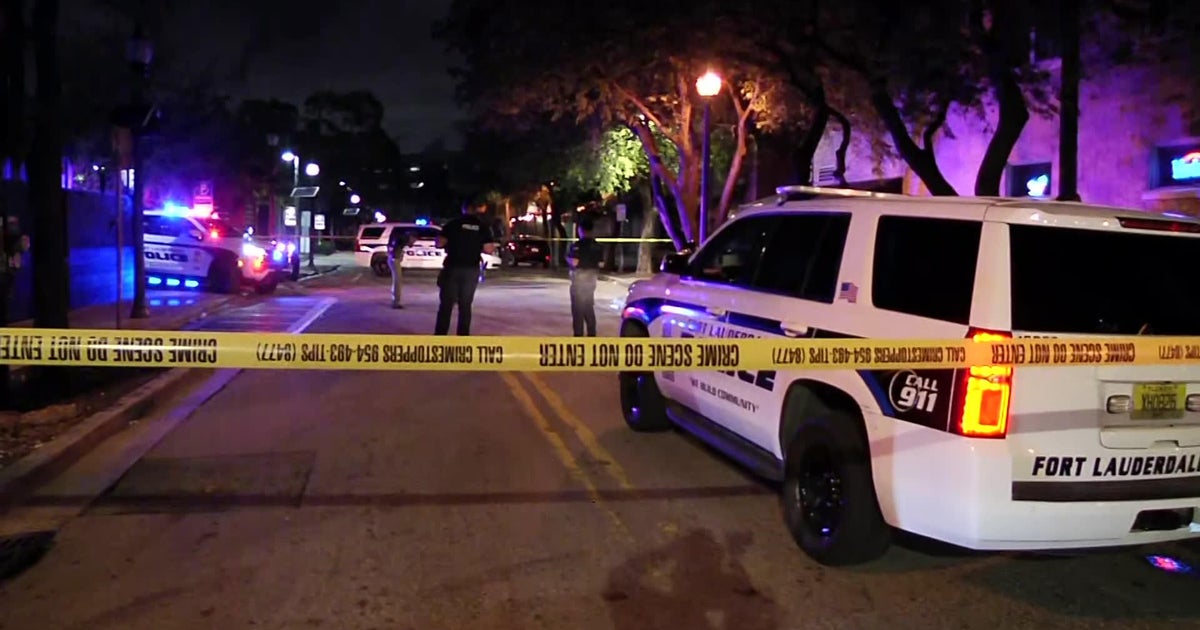Attorneys for Broward student battle over transgender athlete law
TALLAHASSEE - Saying the law is part of a "larger national effort to scapegoat this protected group," attorneys for a Broward County teen fired back Friday after the state urged a judge to toss out a challenge to a 2021 ban on transgender female students playing on women's and girls' sports teams.
Attorneys for a transgender high-school volleyball player identified by the initials D.N. argued that U.S. District Judge Roy Altman should reject a state motion to dismiss the case. In part, the lawsuit contends that the Legislature intended to discriminate against transgender girls when it passed the ban.
"The statute must be viewed against the backdrop of the avalanche of antitransgender, and anti-LGBTQ legislation across the country and also in the context of ever-increasing legislative hostility in Florida towards LGBTQ individuals," the attorneys argued in a 28-page document filed in federal court in South Florida.
But the state, in a motion to dismiss the case filed Feb. 10, disputed that the law (SB 1028) was intended to discriminate or that it violates constitutional equal-protection rights.
"SB 1028 indeed draws a sex-based classification, but the classification is constitutionally permissible because the state has important governmental interests in separating athletic teams on the basis of sex, and in prohibiting biological males from joining teams designated for biological females: protecting biological females' equal participation in school athletics and remediating past under-representation of females in athletic competition," the motion to dismiss said. "Because the challenged law is substantially related to achieving these important aims, it does not violate equal protection."
Attorneys for the transgender girl filed the lawsuit in June 2021, after the Republican-controlled Legislature and Gov. Ron DeSantis approved the ban. Along with contending that the ban is unconstitutional, the lawsuit argues that it violates a federal law known as Title IX, which prohibits discrimination based on sex in education programs.
The case was put on hold while the 11th U.S. Circuit Court of Appeals considered a separate case that challenged a St. Johns County School Board policy that prevented a transgender male student, Drew Adams, from using boys' bathrooms.
The Atlanta-based appeals court in December upheld the St. Johns County policy, spurring Altman in January to reopen the transgender-athlete case.
Attorneys for the state cited the appeals court's decision in the bathroom case in arguing last month that the transgender-athlete case should be dismissed.
"Like the bathroom policy upheld in Adams, the law that D.N. challenges classifies students on the basis of sex - not gender identity - and precludes biological males from participating on sports teams designated for biological females, without respect to any person's gender identity," the state's motion said. "The challenged law's permissible sex-based classification is substantially related to an important governmental interest: preservation of biological females' opportunities to participate and succeed in athletic competition, and not be displaced in athletics by biological males. D.N. is a biological male who seeks access to a sports team designated for biological females."
But attorneys for D.N. said in Friday's filing that the "plaintiff's position is that she belongs on the girls' team because she is a girl, and the state of Florida has already recognized her as such by issuing an amended birth certificate that identifies her as a girl."
"She has been recognized as a girl for years by her friends, teammates, coaches, local school district and the state," the document said. "She has not experienced male endogenous puberty, has been on puberty-blocking medications and female hormones for years and cannot safely play on the boys' teams or be in the boys' locker rooms. ... Defendants should be required to proffer a rationale as to why it would ever be safe for plaintiff to play on a boys' team, and why her compelled exposure to a group of boys would be appropriate if, as the defendants argue here, schools must act to protect student privacy and student safety."
The lawsuit is playing out as lawmakers consider a series of proposals dealing with transgender people, such as a proposal to make it illegal for doctors to provide treatments such as puberty blockers and hormone therapy to minors.




